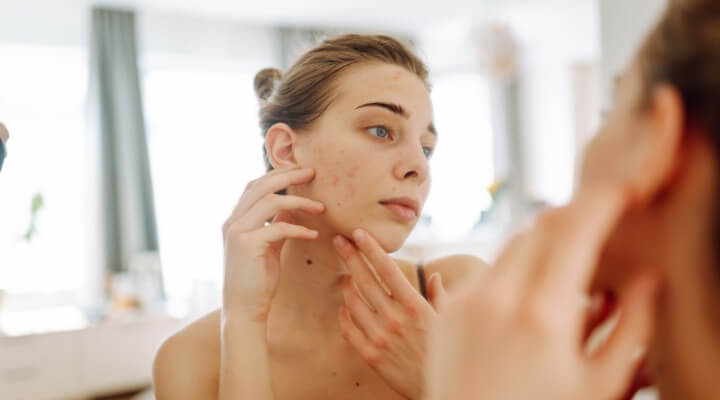Prescription Medications for Folliculitis: Beautician's Guide
For beauticians striving to provide impeccable skin care services, understanding conditions like folliculitis is crucial. Folliculitis, an inflammation of hair follicles, can be a common yet bothersome issue for clients. While over-the-counter treatments can be effective, sometimes a more robust treatment using prescription medications is necessary. This guide will shed light on the types of prescription medications available for treating folliculitis, helping you better cater to your clients' needs.

What is Folliculitis?
Folliculitis occurs when hair follicles become inflamed due to bacterial or fungal infections. It often results in small, red bumps or blisters filled with pus. This condition can be uncomfortable and may lead to more severe infections if not addressed promptly. As a beautician, recognizing the symptoms early and recommending professional medical advice can prevent further complications and ensure client satisfaction.
Common Causes and Identification
Some causes of folliculitis include bacterial infections, such as staphylococcus, as well as fungal infections. Additionally, irritation from shaving or tight clothing can contribute to the condition. Identifying folliculitis involves looking for clusters of red pimples around hair follicles, possibly including whiteheads. Clients may also experience itching or tenderness in the affected areas.
Types of Prescription Medications for Folliculitis
When over-the-counter treatments are insufficient, dermatologists may prescribe medications to effectively treat folliculitis. These medications often include antibiotics, antifungal creams, or oral medications, depending on the underlying cause.
Antibiotics
For bacterial folliculitis, antibiotics are often prescribed. Topical antibiotics, such as mupirocin or clindamycin, can be applied directly to the affected skin. In more severe cases, oral antibiotics like cephalexin might be necessary. These medications work by eliminating bacteria, allowing the infection to resolve and preventing its recurrence.
Antifungal Treatments
In cases of fungal folliculitis, antifungal creams such as ketoconazole can be very effective. For persistent or severe infections, oral antifungal medications might be prescribed. These medications focus on eradicating the fungal elements causing the inflammation.
Consultation with Dermatologists
Its essential for beauticians to guide their clients in seeking medical advice when needed. Dermatologists can perform tests to determine the specific cause of folliculitis and recommend the most appropriate treatment. For more information on diagnosis and treatments, visit this WebMD resource.
Complementary Skin Care Tips
In addition to using prescribed medications, clients should maintain proper skin hygiene to prevent further occurrences. Recommending gentle, non-comedogenic cleansers can help keep follicles clean without causing irritation. Educating clients about avoiding tight clothing and using clean shaving tools can also minimize potential flare-ups.
For alternative treatments, consider exploring the benefits of antifungal soap with tea tree oil as discussed on Livana Natural.
Monitor and Follow-up
After implementing prescribed treatments, regular follow-up with clients can ensure consistent improvement and satisfaction. Encourage clients to report any persistent symptoms or side effects. Keeping an open line of communication enhances trust and showcases dedicated client care.

FAQ
Q: What signs should prompt a client to seek prescription medication for folliculitis?
A: If over-the-counter remedies do not improve the condition within a week, or if the inflammation becomes painful and widespread, it's advisable to seek medical consultation for potential prescription treatments.
Q: Are there lifestyle changes that can help manage folliculitis?
A: Yes, wearing loose-fitting clothes, avoiding hot tubs, and ensuring proper hygiene when shaving can reduce flare-ups. Introducing daily skin care practices can also help manage folliculitis.
Q: Can beauticians recommend any specific products to clients with folliculitis?
A: While beauticians can recommend gentle skin care products, any specific medication should be prescribed by a healthcare professional. However, products like over-the-counter treatments from Livana Natural can support a skincare regimen.

